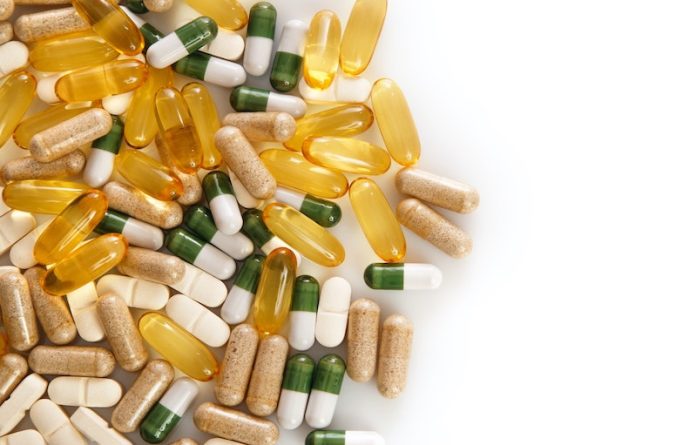
Two omega-3 fatty acids, docosahexaenoic acid (DHA) and eicosapentaenoic acid (EPA) can be found in seafood such as salmon, tuna, sardines, trout, herring, and oysters.
DHA and EPA can also be taken together in supplement form.
A recent study from the Macau University of Science and Technology found that roughly 3 grams of omega-3 fatty acids each day, in food or supplement form, maybe the optimal amount needed to help lower blood pressure.
In the study, researchers looked at the link between blood pressure and the two types of omega-3 fatty acids.
The researchers used data from 71 clinical trials to examine the link between DHA and EPA – individually and combined – and blood pressure in nearly 5,000 adults with and without high blood pressure or cholesterol disorders.
People consumed omega-3 fatty acids through diet and/or prescription supplements for an average of 10 weeks.
The team found people who consumed 2-3 grams daily of a combination of the two omega-3 fatty acids reduced their systolic blood pressure (the top number) and diastolic blood pressure (the bottom number) by an average of 2 mmHg, compared to those who did not consume EPA and DHA.
Those whose blood pressure was high, to begin with benefited more and could benefit from consuming higher amounts of omega-3 fatty acids.
For people with high blood pressure, 3 grams of omega-3 fatty acids a day lowered systolic blood pressure by an average of 4.5 mmHg. In those with normal blood pressure, the systolic number fell by 2 mmHg.
When people with high blood pressure consumed 5 grams a day, systolic blood pressure fell by an average of nearly 4 mmHg, while those without hypertension experienced a less than 1 mmHg average decline.
The National Institutes of Health suggests consuming 1.1-1.6 grams of omega-3 fatty acids a day, while the American Heart Association recommends eating two servings of fish (3-4 ounces) a week as part of a heart-healthy diet.
It takes about 4-5 ounces of Atlantic salmon to provide 3 grams of omega-3 fatty acids. Fish oil supplements typically provide about 300 milligrams per pill, though doses vary.
The team says supplements may be an alternative for those who cannot eat fatty fish such as salmon regularly.
In addition, algae supplements with EPA and DHA fatty acids are also an option for people who do not consume fish or other animal products.
If you care about blood pressure, please read studies about a major cause of high blood pressure, and herbal supplements could help reduce high blood pressure.
For more information about blood pressure, please see recent studies that black tea may strongly reduce blood pressure, and results showing these high blood pressure drugs may increase heart failure risk.
The research was published in the Journal of the American Heart Association and conducted by Dr. Xinzhi Li et al.
Copyright © 2022 Knowridge Science Report. All rights reserved.



